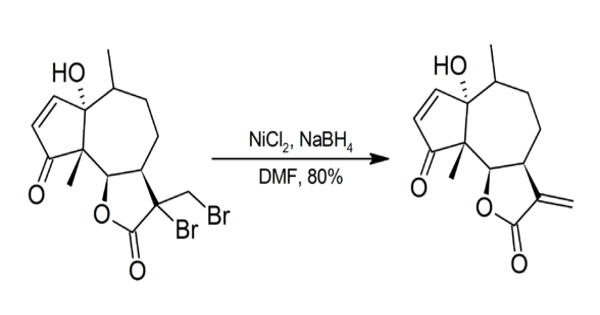Seaweed fertilizer, commonly referred to as seaweed extract or seaweed liquid fertilizer, is an organic fertilizer made from seaweed or marine algae. It is an organic fertilizer manufactured from seaweed that is used in agriculture to boost soil fertility and plant growth. It has become famous in agriculture and gardening because to its multiple plant benefits. Seaweed fertilizer has been used since antiquity and provides numerous benefits to soils. Seaweed fertilizer can be used in a variety of forms, including refined liquid extracts and dried, powdered organic material.
Seaweed is a powerful soil conditioner, bio-remediator, and biological pest control agent due to its composition of diverse bioactive compounds, with each seaweed phylum providing unique advantages to soil and crop health. These advantages can include higher resistance to abiotic stresses, improved soil texture and water retention, and a lower incidence of disease.
Here are some key aspects of seaweed fertilizer:
- Nutrient Content: Seaweed is rich in various essential nutrients, including nitrogen, phosphorus, potassium, trace elements, and plant growth hormones like auxins, cytokinins, and gibberellins. These nutrients play a crucial role in plant growth, development, and overall health.
- Plant Growth Hormones: Seaweed extracts contain natural plant growth hormones that can stimulate root development, enhance flowering, and improve overall plant vigor. These hormones help plants overcome stress and promote healthy growth.
- Stress Resistance: Seaweed fertilizers are known to enhance a plant’s resistance to environmental stress factors such as drought, heat, and diseases. The compounds present in seaweed help plants build a stronger defense mechanism.
- Soil Conditioner: Seaweed can improve soil structure and water retention capacity. When applied to the soil, it helps create a favorable environment for beneficial microorganisms and enhances nutrient availability to plants.
- Biostimulant Properties: Seaweed extracts act as biostimulants, promoting the overall health and vitality of plants. They can enhance nutrient uptake, increase chlorophyll production, and improve photosynthesis.
Application Methods
Seaweed fertilizer can be administered to the soil or through foliar spraying. Foliar treatment enables for faster nutrient uptake by the plant, whilst soil application promotes soil health and structure.
Applying seaweed fertilizer to soils can also have an impact on the form and function of microbial communities. Seaweed aquaculture has the potential to provide ecosystem services by feeding human communities and acting as a mechanism to improve water quality in natural systems and aquaculture operations.
On a broader socio-ecological scale, seaweed aquaculture and fertilizer development play important roles in biogeochemical nutrient cycling by storing carbon and absorbing nitrogen and phosphorus.
Challenges
The growing popularity of organic agricultural practices is bringing more attention to the diverse uses of seaweed-derived fertilizers and soil additives. While the seaweed fertilizer industry is still in its early stages, it has the potential to drive long-term economic development while also reducing nutrient discharge in coastal areas.
However, there are ongoing issues related to the usage and production of seaweed fertilizer, such as disease transmission and invasive species, the risk of heavy metal accumulation, and the efficiency and refinement of manufacturing methods.
















